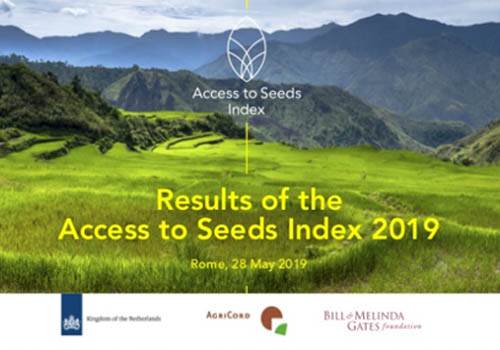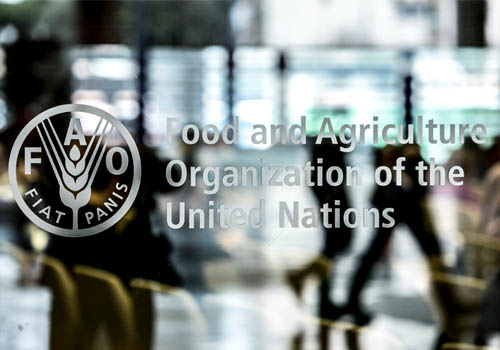The treaty runs by probably most difficult acronyms: IT PGRFA, the International Treaty on Plant Genetic Resources for Food and Agriculture. Genetic diversity is fundamental for our global food system. Conserving that diversity in seed banks and in fields is critical, to ensure that future plant breeders can browse that diversity for genetic characteristics that can help crops to withstand future pests and diseases or changes in weather conditions.
The Treaty not only focuses on conservation efforts but also promotes the use diversity: the use of more diversity in our food system (more crops, more varieties) can make that system more resilient. Another topic addressed by the Treaty is benefit sharing: companies that make a profit using the genetic material that originates from a specific country or is the result of centuries long conservation and use by local communities should share some of their benefits.
It is comparable with a copyright system that ensures that composers and artists get payed when someone plays their music. But how to implement such a global system? And which companies or organisations should share a part of their benefits?
To inform a discussion by national representatives to the Treaty, executive director Ido Verhagen presented the results of the 2019 Access to Seeds Index at the headquarters of FAO in Rome on 28 May 2019. He explained that the seed industry can be seen as a small group of global companies and a long tail of small and medium sized regional or national companies.
Only a handful of seed companies have seed revenues of over 1 billion USD. The large majority of seed companies active in sub-Saharan Africa and South and Southeast Asia have seed revenues smaller than 50 million USD. At the same time they face an enormous challenge to breed new varieties, to release new varieties and to encourage adoption. This requires considerable investments, something to consider according to Mr. Verhagen when exploring a benefit sharing system for this category of companies.
At the same time, results of the Access to Seeds Index indicate that conservation and use of genetic material is a public responsibility. Companies do maintain their own seed banks, but this is mainly a working collection for their breeding. When this collection is not accessible, when companies do not share information on the content and when it is unclear how a company ensures long-term conservation, this does not qualify as the conservation as meant by the treaty. In terms of use, the Index showed that the seed industry is active on a large portfolio, including legumes, OPVs and local crops. however, larger companies tend to focus their portfolio on a select number of crops.
More information on the International Treaty





